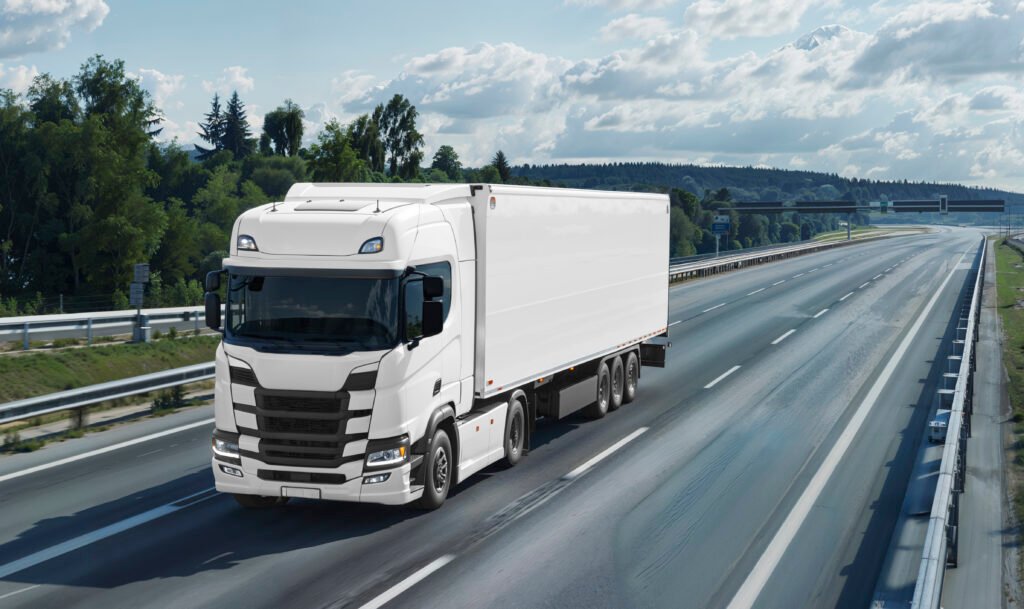Navigating the world of commercial trucking involves more than just logistics and deliveries. One of the most critical aspects is understanding and securing the right insurance for truck and trailer. Whether you’re an owner-operator or manage a fleet, having comprehensive insurance is not just a regulatory requirement but also a safeguard for your business assets.
Understanding the Basics of Truck and Trailer Insurance
At its core, insurance for truck and trailer provides financial protection against potential risks such as accidents, theft, or damage to cargo. The Federal Motor Carrier Safety Administration (FMCSA) mandates that commercial vehicles carry a minimum amount of liability insurance, which varies based on the type of cargo and vehicle weight. For instance, vehicles transporting non-hazardous freight over 10,001 pounds are required to have at least $750,000 in public liability insurance. However, this amount can escalate to $5 million for carriers dealing with hazardous materials.
Key Components of Comprehensive Coverage
A robust insurance policy encompasses various coverages to ensure all aspects of your operation are protected:
Liability Insurance: Covers bodily injury and property damage caused by your truck or trailer.
Physical Damage Coverage: Protects against damages to your vehicle from collisions, theft, or natural disasters.
Cargo Insurance: Safeguards the goods you’re transporting against loss or damage.
Bobtail Insurance: Provides coverage when your truck is operated without a trailer, typically during non-dispatch times.
Non-Trucking Liability: Covers personal use of the truck when it’s not under dispatch.
It’s essential to assess your specific needs and consult with insurance professionals to tailor a policy that fits your operation.

Navigating DOT Insurance Requirements
Compliance with DOT insurance requirements is non-negotiable for commercial trucking operations. The FMCSA requires proof of insurance through specific filings such as the BMC-91 or BMC-91X forms, which certify that a carrier has the necessary public liability insurance. Additionally, the MCS-90 endorsement is mandatory, ensuring that carriers can cover public liability claims even if the policy itself doesn’t. FMCSA
Hemelyh, an experienced insurance advisor, emphasizes, “Understanding and adhering to DOT insurance requirements is crucial. It’s not just about legal compliance; it’s about protecting your livelihood and ensuring the safety of others on the road.”
Factors Influencing Insurance Premiums
Several elements can impact the cost of your truck and trailer insurance:
Driving History: Clean records can lead to lower premiums, while violations or accidents may increase costs.
Type of Cargo: Transporting hazardous materials typically results in higher insurance rates due to increased risks.
Geographical Area: Operating in regions with high traffic or accident rates can affect premiums.
Vehicle Specifications: The age, condition, and value of your truck and trailer play a role in determining insurance costs.
Being aware of these factors allows you to make informed decisions and potentially reduce insurance expenses.
Final Thoughts on Insurance for Truck and Trailer
Securing the right insurance for truck and trailer is a foundational step in establishing a resilient and compliant trucking operation. Beyond meeting legal obligations, comprehensive insurance provides peace of mind, knowing that you’re protected against unforeseen events that could disrupt your business.
If you’re evaluating your current coverage or seeking guidance on DOT compliance, don’t hesitate to reach out. At Premium Insurance Group, we’re committed to helping you navigate the complexities of commercial trucking insurance.



